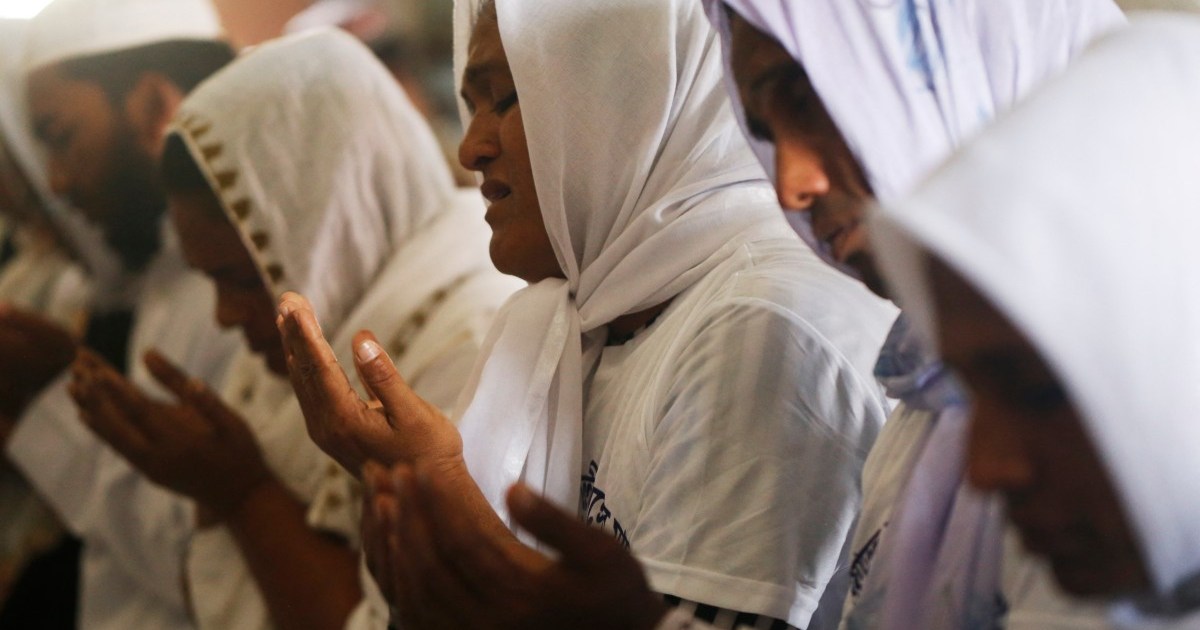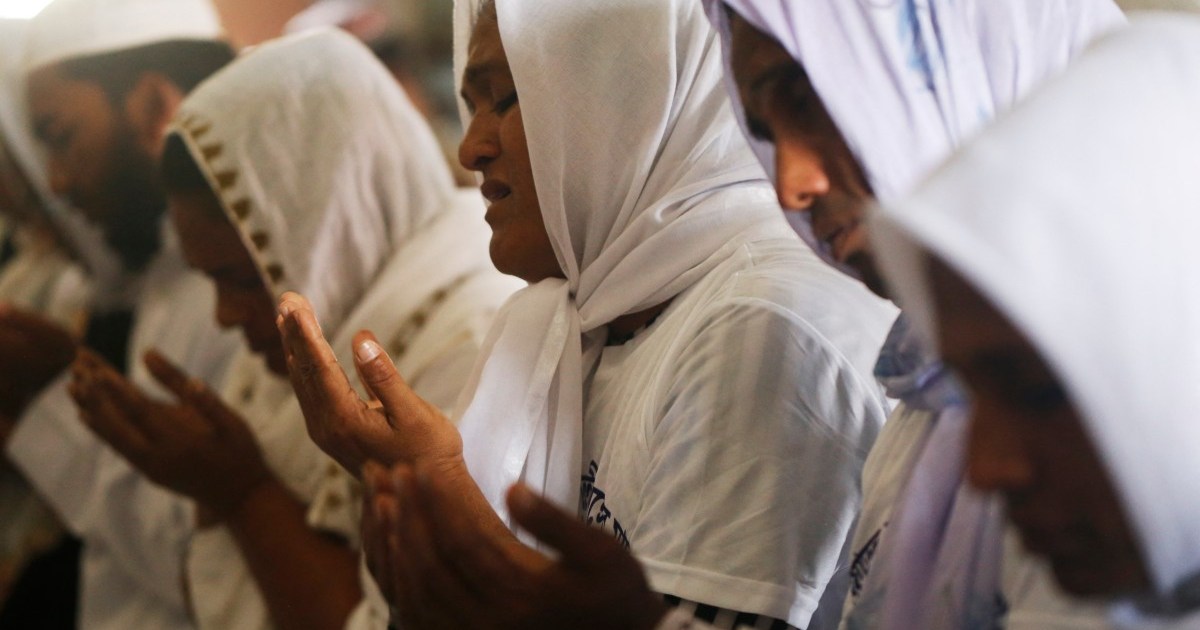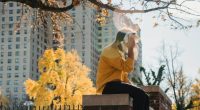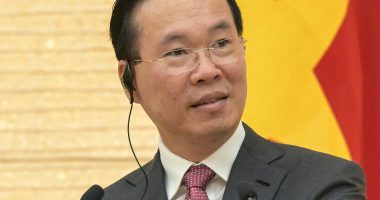
Members of Bangladesh’s transgender hijra community, who were disallowed from attending other prayer services, have been welcomed at a new mosque in the Muslim-majority nation with the promise of worship without discrimination.
The humble structure, a single-room shed with walls and a tin roof, is a new community hub for the minority, who have enjoyed greater legal and political recognition in recent years but still suffer from entrenched prejudice.
The mosque near Mymensingh, north of the capital Dhaka, on the banks of the Brahmaputra river, was built on land donated by the government after the city’s hijra community was expelled from an established congregation.
“I never dreamt I could pray at a mosque again in my lifetime,” said Sonia, 42, who as a child loved to recite the Quran and studied at an Islamic seminary.
But when she came out as hijra, as transgender people in South Asia are commonly known, she was blocked from praying in a mosque.
“People would tell us: ‘Why are you hijra people here at the mosques? You should pray at home. Don’t come to the mosques’,” said Sonia, who uses only one name.
“It was shameful for us, so we didn’t go,” she added. “Now, this is our mosque. Now, no one can say no.”
Hijras have received growing legal recognition in Bangladesh, which since 2013 has officially allowed members of the community to identify as a third gender. Several have entered Bangladeshi politics, with one transgender woman elected mayor of a rural town in 2021.
But they still struggle for basic recognition and acceptance and lack property and marriage rights. They are also often discriminated against in employment and are much more likely to be victims of violent crime and poverty than the average Bangladeshi.
Hardline Islamist groups have lashed out at the recognition of transgender Bangladeshis in school textbooks, leading rallies to demand the government abandon its push to include them in the curriculum.
Mufti Abdur Rahman Azad, the founder of a hijra charity, said the new mosque was the first of its kind in the country.
A similar endeavour planned in another city was stopped last month after a protest by locals, he added.
Dozens of local hijras donated time and money to build the Dakshin Char Kalibari Masjid for the Third Gender, which opened this month.
It also has a graveyard, after a local Muslim cemetery last year refused to bury a community member.
The mosque’s imam, Abdul Motaleb, 65, said the persecution of the hijra community was against the teachings of his faith. “They are like any other people created by Allah,” he said.
“We all are human beings. Maybe some are men, some are women, but all are human. Allah revealed the holy Quran for all, so everyone has the right to pray, no one can be denied.”
The new mosque is already tackling prejudice. Local Tofazzal Hossain, 53, has offered Friday prayers there for a second week in a row.
He said living and praying with the hijra community has changed his “misconceptions” about them. They live righteously like other Muslims,” he said.
Read More: World News | Entertainment News | Celeb News
Aljazera










